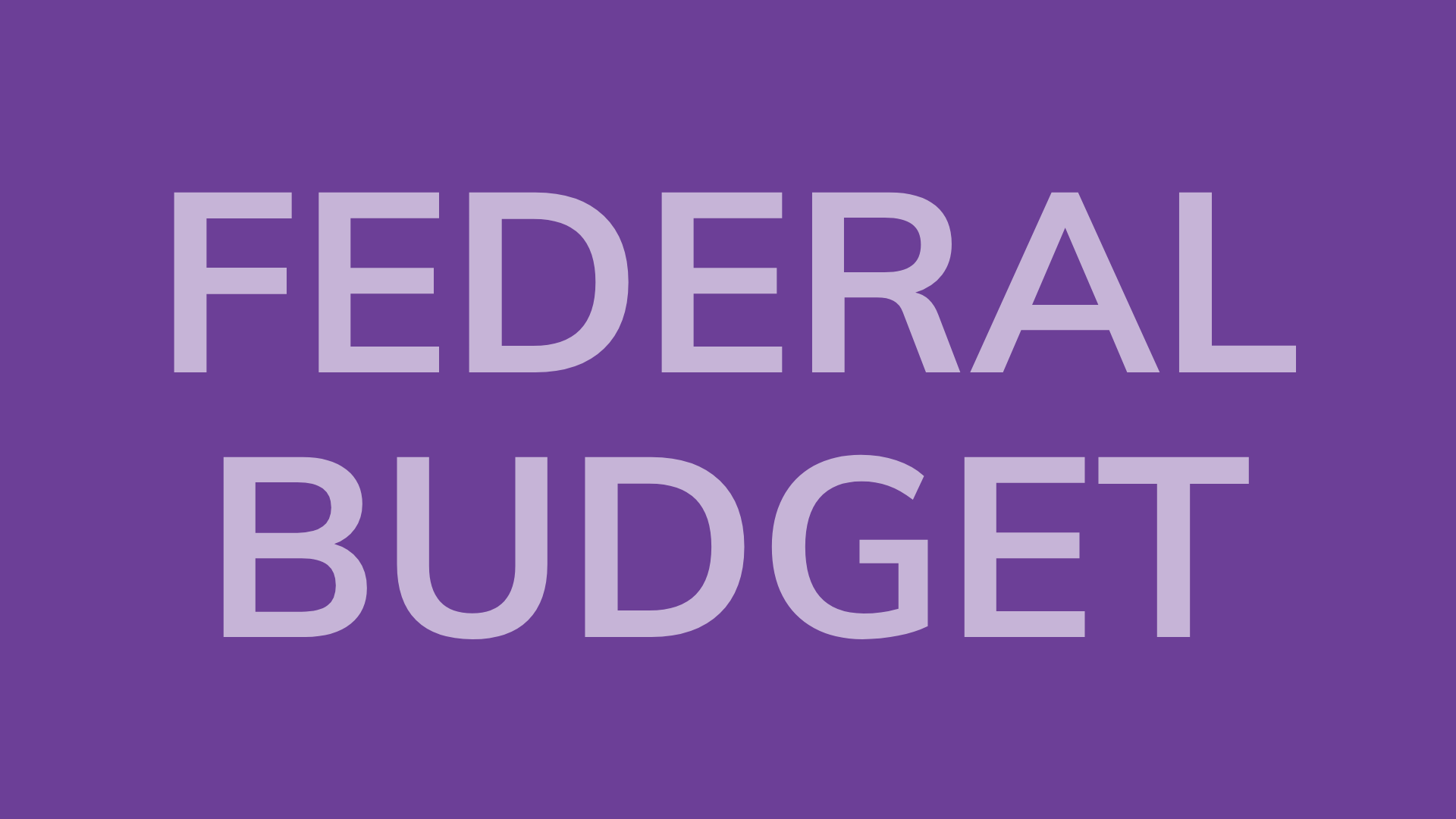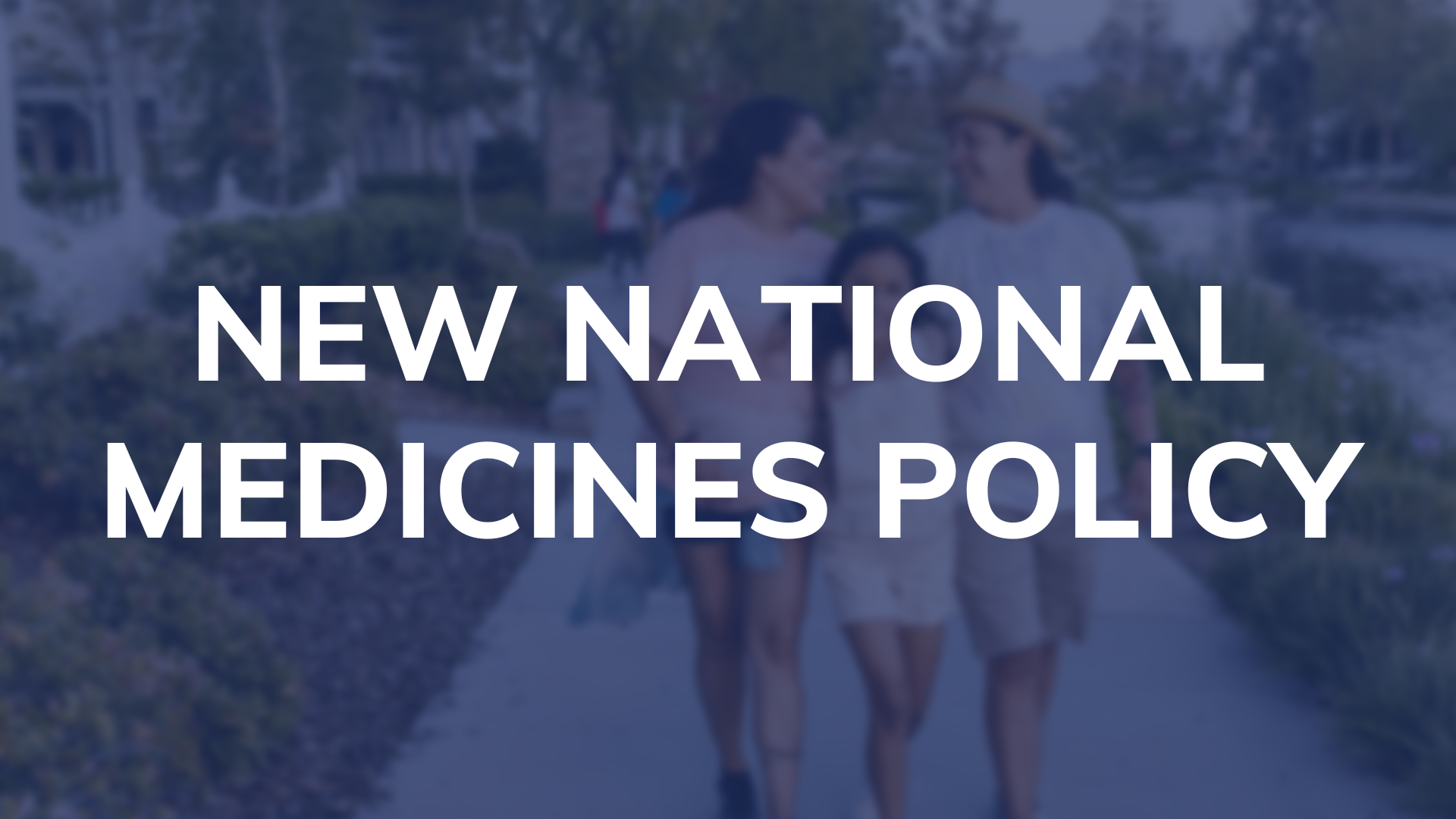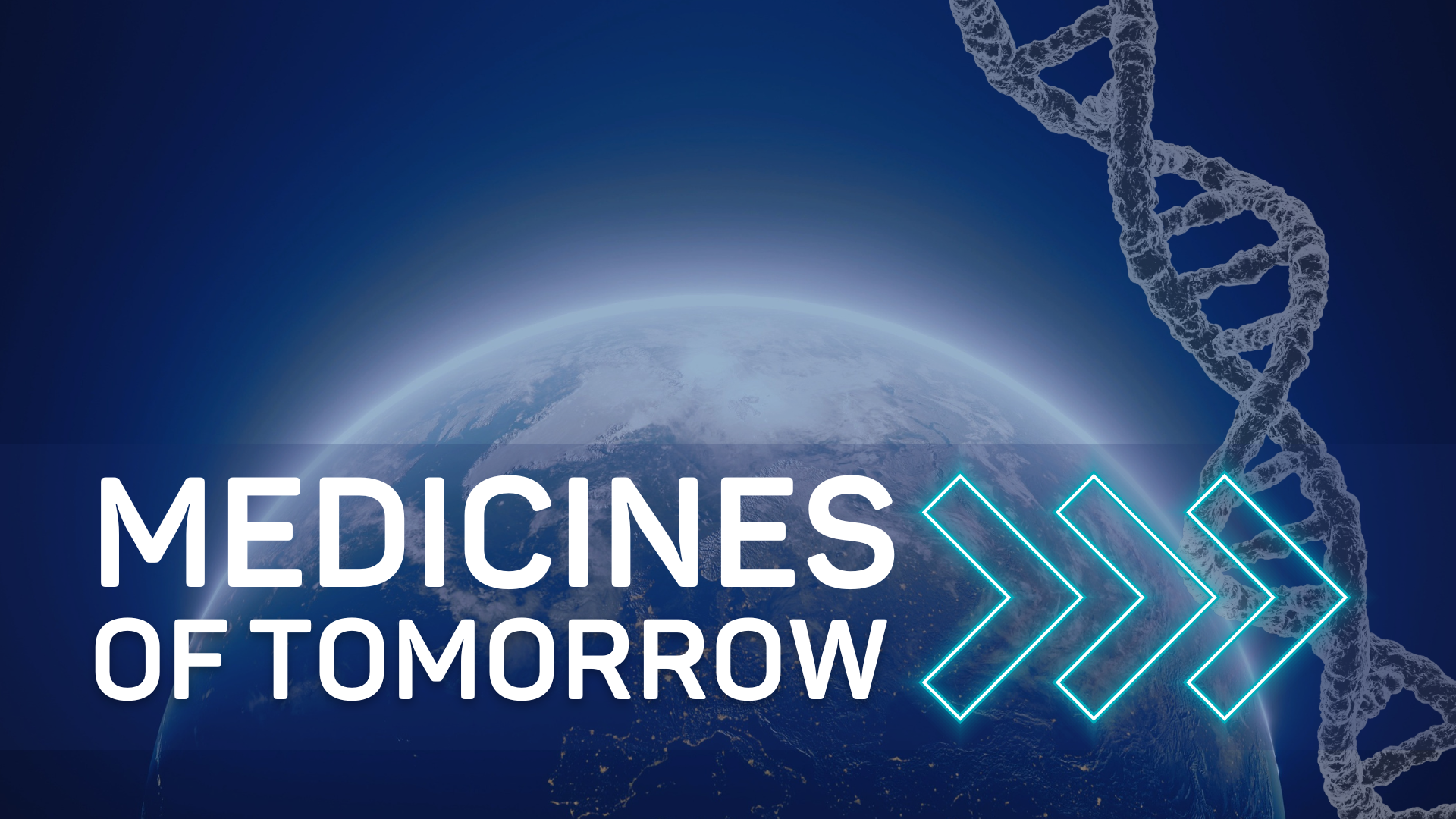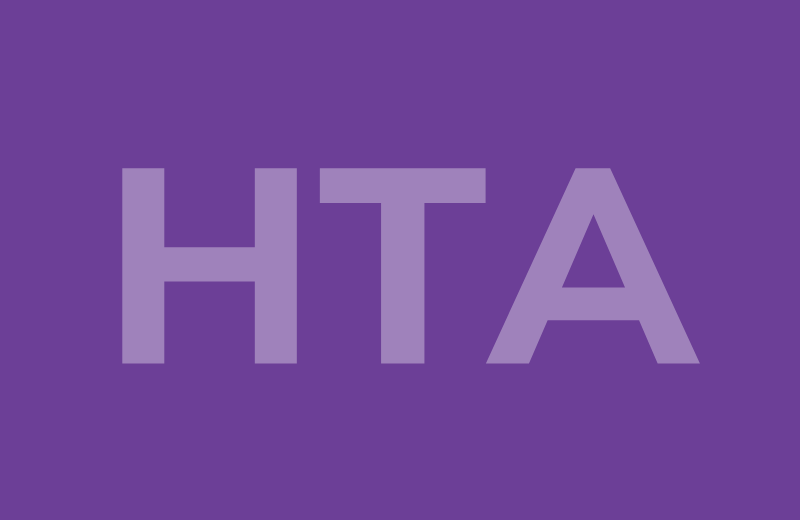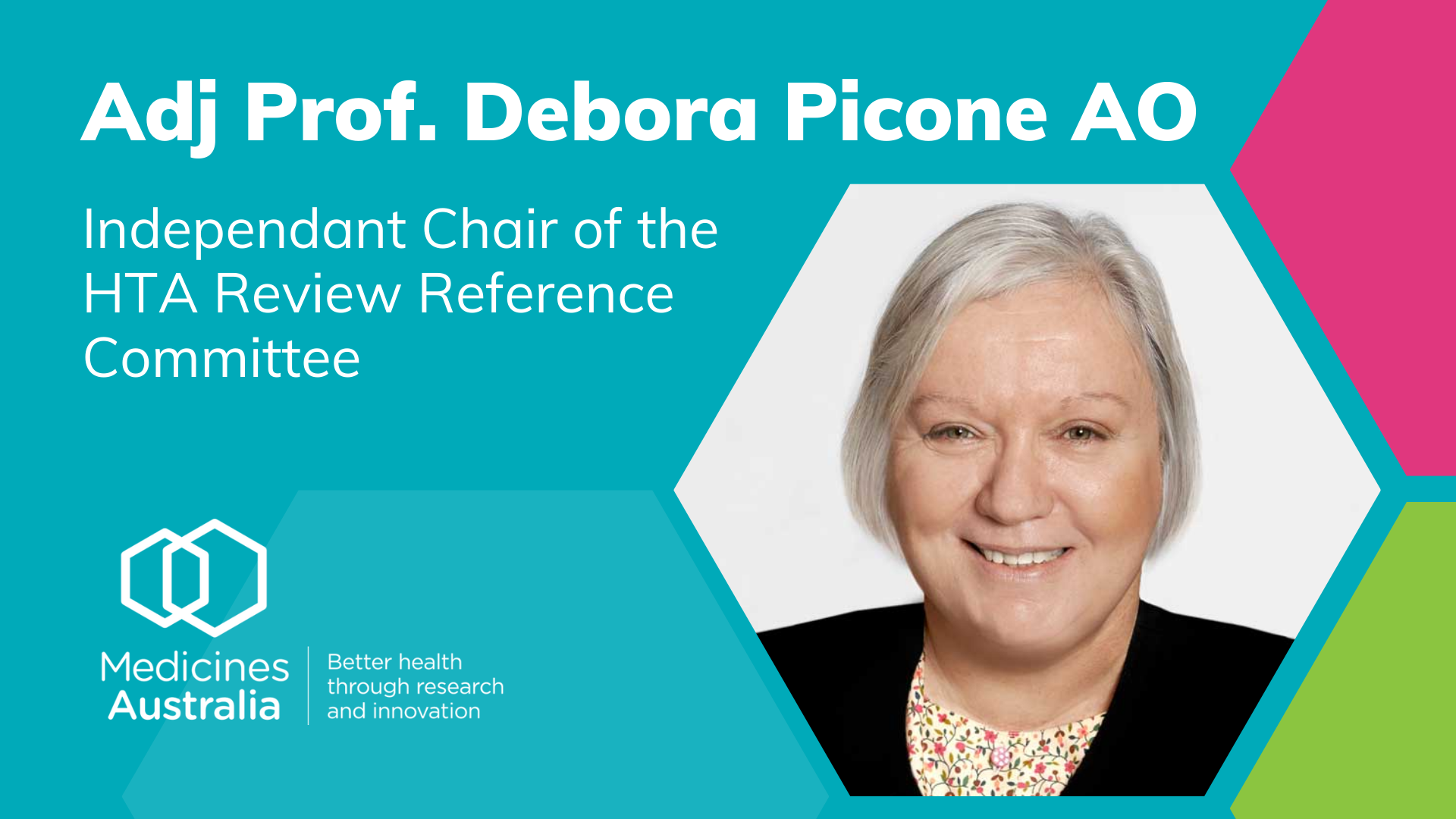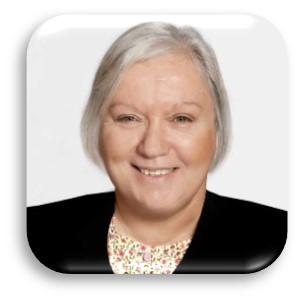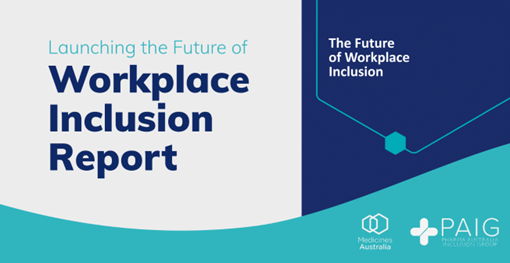Budget: Government must place a higher value on vaccines and medicines that deliver long term benefits
27 January 2023: Medicines Australia has used its budget submission to remind Government of its commitment to lower Australia’s high discount rate for vaccines and medicines.
A discount rate is a technical correction applied to medicines and vaccines that values immediate health effects higher than long-term health benefits, such as childhood vaccines. This means preventative and curative vaccines and treatments are disadvantaged and delayed by a rate that is higher in Australia than other comparable countries.
The Pharmaceutical Benefits Advisory Committee (PBAC) – the expert committee that assesses the value for money of medicines in Australia – acknowledged Australia’s discount rate could be reduced for medicines and vaccines. The medicines industry urges the Government to implement the reduction now.
Medicines Australia CEO, Elizabeth de Somer, said Australia’s discount rate has not been adjusted since it was set in the 1990s and needs to be reduced to meet today’s international standards.
“Medicines, vaccines and treatments help Australians live longer, healthier lives. They keep people out of hospitals, in the workforce and contributing to our economy,” Ms de Somer said.
“For example, a recent peer-reviewed study shows the COVID-19 vaccines reduced the pandemic’s economic toll in Australia by an estimated $214 billion.
“Medicines and health technologies have dramatically transformed in the last 30 years providing patients with longer term health benefits and even curing some diseases.
“Left unchanged, there is a risk that Australia’s high discount rate will contribute to a lag in patient access to cutting edge therapies and impact the long-term health of future generations.
“Under Medicines Australia’s Strategic Agreement with the Government, a reduction to the discount rate should have been implemented by July 2022. It is important for this overdue policy change to be implemented immediately.
“Medicines Australia is again reiterating its call to lower Australia’s discount rate from 5% to 1.5% for vaccines and 3% for other medicines, to recognise the value of preventative and longer-term treatments and cures.
“The Government and the medicines industry share the goal to reduce the time it takes for a patient to access the medicines they need on the PBS. A reduced discount rate is an opportunity to move closer to achieving this goal,” she said.
-ENDS-
For further information or media interviews, please contact:
Chrystianna Moran – 0424 995 118 / chrystianna.moran@medicinesaustralia.com.au

